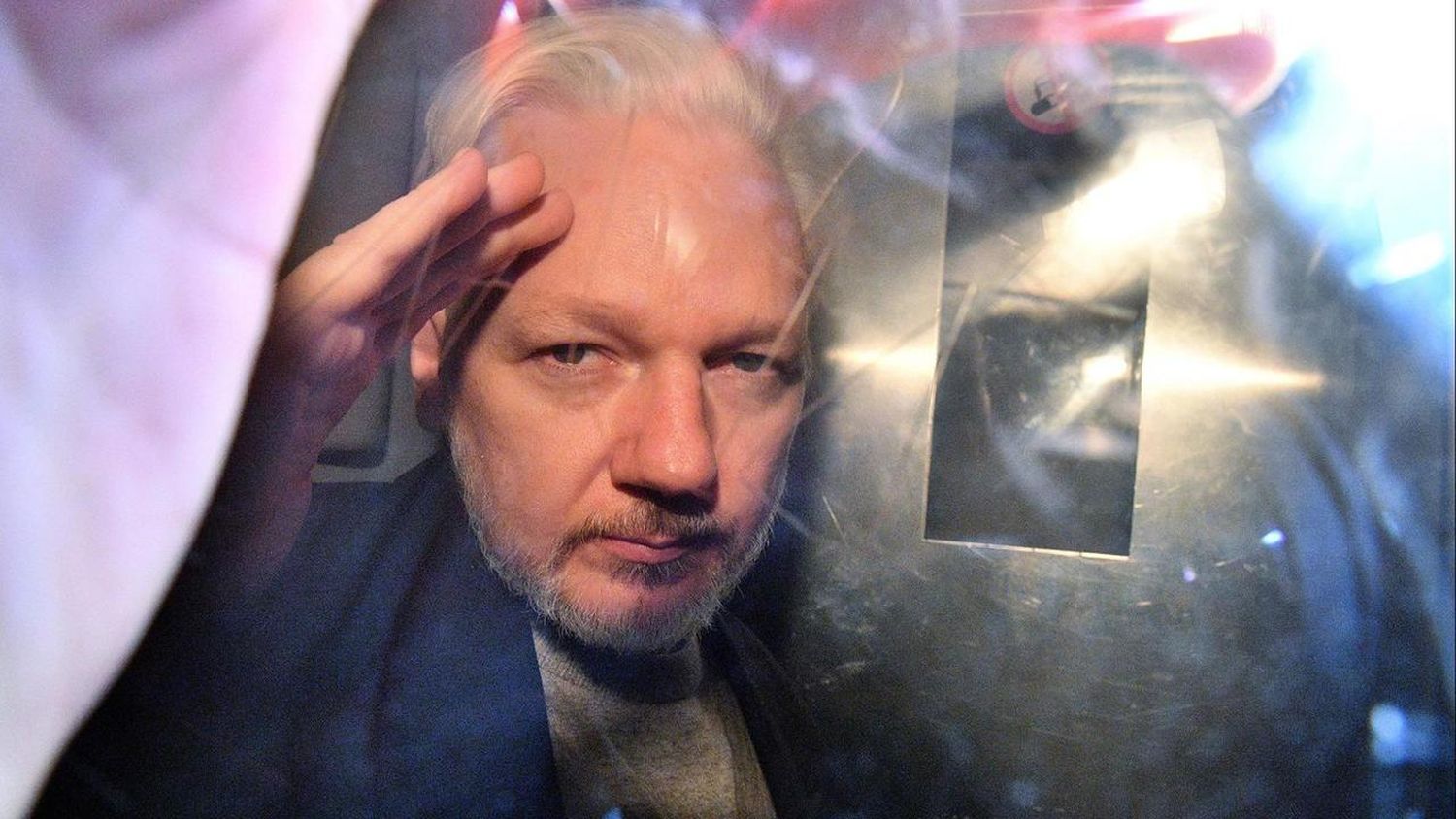U.S. Justice Department
WikiLeaks founder, to plead guilty to violating the Espionage Act
The charges against Assange stem from WikiLeaks' publication of a vast trove of classified U.S. military documents.
Julian Assange, the founder of WikiLeaks, is set to plead guilty to a felony charge of violating the Espionage Act. This development comes as part of a plea agreement with the U.S. Justice Department, bringing an end to a protracted legal battle that has spanned over a decade and multiple continents.
Assange, who has been a polarizing figure in the realm of journalism and whistleblowing, will admit to conspiring to unlawfully obtain and disseminate classified national defense information. The plea deal, which must be approved by a judge, is expected to be finalized in a federal court in the Northern Mariana Islands on Wednesday. This location was chosen due to Assange's opposition to traveling to the continental United States and its relative proximity to his native Australia.
The charges against Assange stem from WikiLeaks' publication of a vast trove of classified U.S. military and diplomatic documents in 2010. These documents, leaked by former U.S. Army intelligence analyst Chelsea Manning, included sensitive information about U.S. military operations in Iraq and Afghanistan, as well as confidential diplomatic cables. The leaks exposed various aspects of U.S. military conduct, including civilian casualties and the pursuit of Osama bin Laden, and sparked a global debate on the balance between national security and freedom of the press.
Assange's legal troubles began in earnest in 2010 when Swedish authorities issued an arrest warrant for him over allegations of sexual assault, which he has consistently denied. Fearing extradition to the U.S., Assange sought asylum in the Ecuadorian embassy in London in 2012, where he remained for seven years. In 2019, Ecuador revoked his asylum, leading to his arrest by British authorities. Since then, Assange has been held in London's high-security Belmarsh prison while fighting extradition to the U.S.
The plea agreement with the U.S. Justice Department is expected to result in Assange being sentenced to time served, allowing him to return to Australia. Assange has already spent 62 months in prison, and the Justice Department has indicated that it will not seek additional prison time. This resolution is seen as a significant development in a case that has raised critical questions about press freedom and the protection of classified information.
Assange's supporters have long argued that he acted as a journalist, exposing government wrongdoing and holding powerful entities accountable. They contend that his prosecution under the Espionage Act sets a dangerous precedent for press freedom. Conversely, U.S. authorities have maintained that Assange's actions endangered national security and the lives of individuals who provided confidential information to the U.S. government.
The plea deal marks a sudden conclusion to a case that has captivated international attention and sparked widespread debate. Assange's legal team has argued that his mental health has deteriorated significantly during his time in confinement and that he would be at risk of harm if extradited to the U.S. The British courts have previously blocked his extradition on these grounds, pending assurances from the U.S. government regarding his treatment.
In recent months, there have been growing calls for the U.S. to drop the charges against Assange. Human rights organizations and press freedom advocates have urged President Joe Biden to reconsider the case, arguing that it undermines the principles of a free press. In April, President Biden indicated that he was contemplating a request from Australia to allow Assange to return home.
Assange's anticipated guilty plea brings an end to a saga that has seen him transform from a hacker and activist to a global symbol of the fight for transparency and accountability. WikiLeaks, under Assange's leadership, has published millions of documents, shedding light on government and corporate misconduct around the world. While his methods and motivations have been the subject of intense scrutiny and debate, there is no denying the impact of his work on the global stage.
As Assange prepares to return to Australia, the legacy of WikiLeaks and the questions it raised about the balance between secrecy and transparency, security and freedom, will continue to resonate. The resolution of his case may bring some closure, but the debates it ignited are far from over.

